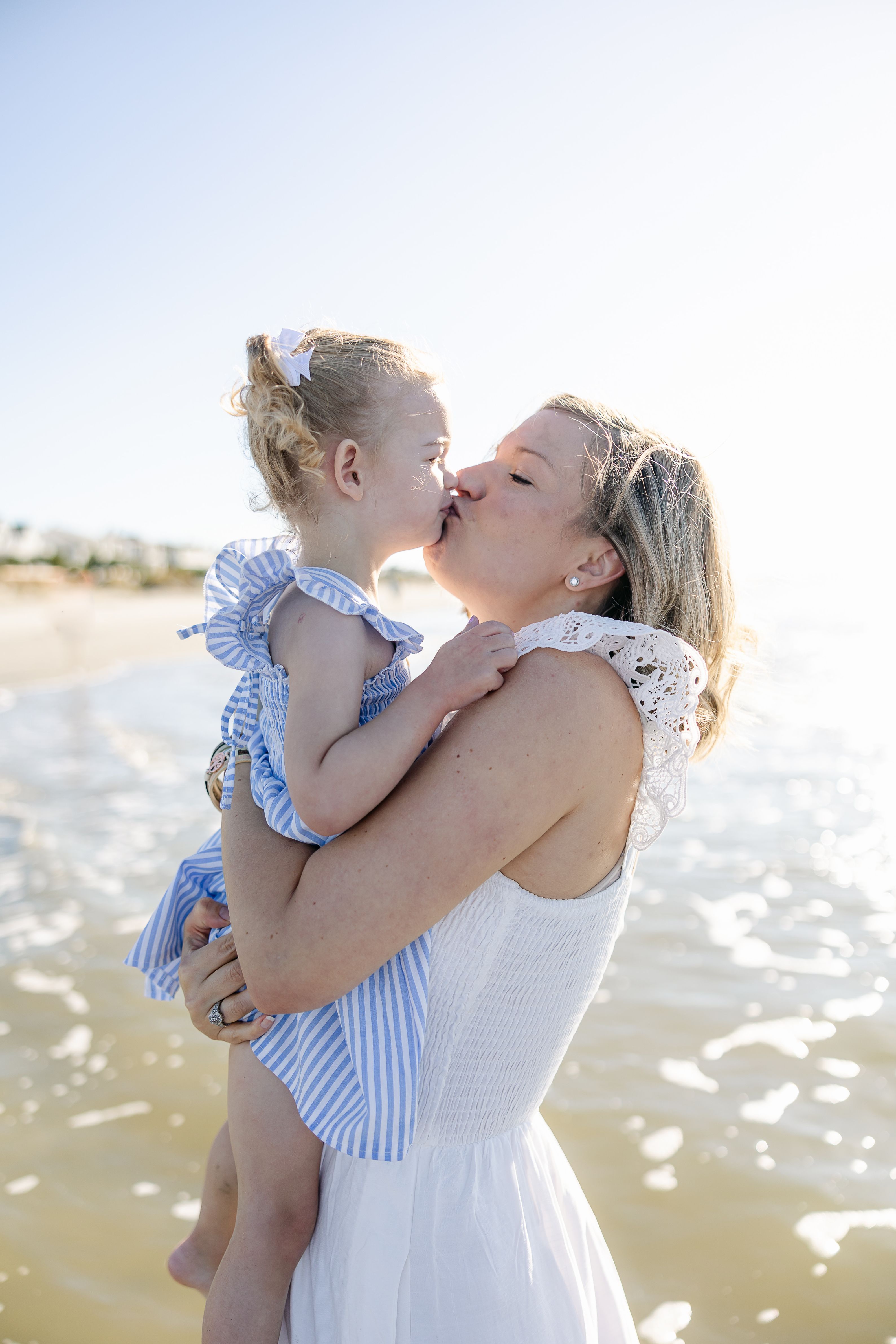I know that it may seem like something as simple as breathing won’t pack a punch when it comes to recovery, but please don’t underestimate this tool. If you are anything like me, you actually hold your breath several times throughout the day.
Mini Assignment :
To start becoming physically aware of when you are holding your breath, I would recommend keeping a small notepad with you for 1 day and tracking any time you hold your breath, the time of day, and anything significant that is happening. It may surprise you how many entries end up on that paper 😶
Benefits of breathing for your nervous system:
- Enhances cardiovascular function
- Lowers heart rate
- Relaxes your body and mind
- Reduces anxiety
- Promotes overall well-being
- Improves focus
- Promotes better sleep
4:6 Breathing:
This is a quick/easy one to use before, during, or after a stressful situation 🧘
- Sit upright in a comfortable position or lie down
- Breathe in through your nostrils for a count of 4 (I like to hold for a couple of breaths at the top)
- Breathe out through your mouth for a count of 6 (sometimes I breathe out for 8 or until my diaphragm is emptied)
- Repeat 3-4 times or until you feel more relaxed
Alternate Nostril Breathing (Nadi Shodhana Pranayama):
Make sure you do not have a cold or runny nose while practicing this one 😆
- Sit upright in a comfortable position or lie down
- Exhale completely and use your right thumb to close your right nostril
- Inhale through your left nostril and then close your left nostril with your right ring finger
- Release your thumb and exhale out through your right nostril
- Inhale through your right nostril and then close this nostril
- Release your fingers to open your left nostril and exhale through this side
- Repeat 3-4 times or until you feel more relaxed
Humming bee breath (Bhramari):
This is one of my favorites and reduces my anxiety more than any other 🙂
- Sit upright in a comfortable position or lie down
- Close your eyes and relax your face
- Take a deep inhale, filling your diaphragm
- Keeping your mouth closed, exhale making a loud humming sound until your diaphragm is fully emptied
- Repeat until you feel relaxed
Bonus tip: Singing 🎶

Singing out loud can help with everything from coping with grief to anxiety. According to Lisa Townsend, a music therapist, “Singing is a whole-body experience, creating opportunities for intentional, deep breaths and triggering the release of endorphins and dopamine, giving you opportunities for increased awareness in your body and mind.”
Together in healing 💜


